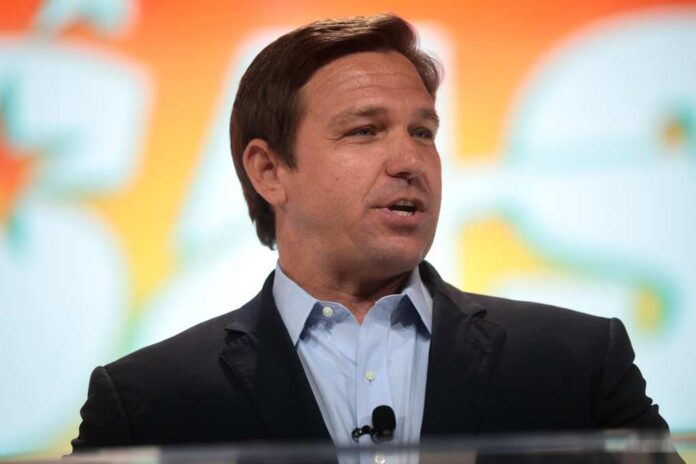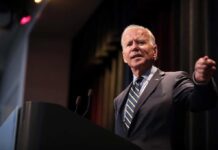
(FixThisNation.com) – Florida Governor Ron DeSantis, in a recent statement, firmly expressed his opposition to the removal of monuments that commemorate Confederate leaders, marking a stance that has garnered attention and sparked debates across the state. During a press conference in Jacksonville, Governor DeSantis responded to a reporter’s question regarding proposed legislation aimed at penalizing municipalities that choose to dismantle Confederate statues.
Governor DeSantis emphasized his unwavering position, stating, “I think it’s just gone too far.” He reiterated his stance, which he has maintained since taking office, firmly opposing the removal of monuments in Florida. He further underscored the appropriateness of the Legislature stepping in to address what he referred to as “the madness” surrounding this issue.
DeSantis didn’t limit his critique to Confederate monuments alone; he also criticized local efforts to remove a statue of former President Andrew Jackson from Jacksonville’s downtown area. He questioned the implications of such actions, asking, “What are we going to do, rename the city?” He voiced his concerns that this trend could have unintended consequences and expressed apprehension about where it might lead.
The governor went on to address the broader implications of monument removals, suggesting that once this process begins, it might not stop with Confederate leaders. He expressed reservations about applying a “hyperwoke 21st century test” to historical figures, implying that such scrutiny could lead to controversies surrounding even iconic figures like Martin Luther King Jr., Abraham Lincoln, and Teddy Roosevelt.
Governor DeSantis’ remarks have sparked discussions not only about the preservation of historical monuments but also about the delicate balance between acknowledging the complexities of historical figures and preserving the cultural heritage and historical record of a region. His statement has ignited debates over the significance of these monuments and the potential consequences of their removal, prompting a broader conversation about how communities choose to engage with their past.
Copyright 2024, FixThisNation.com












